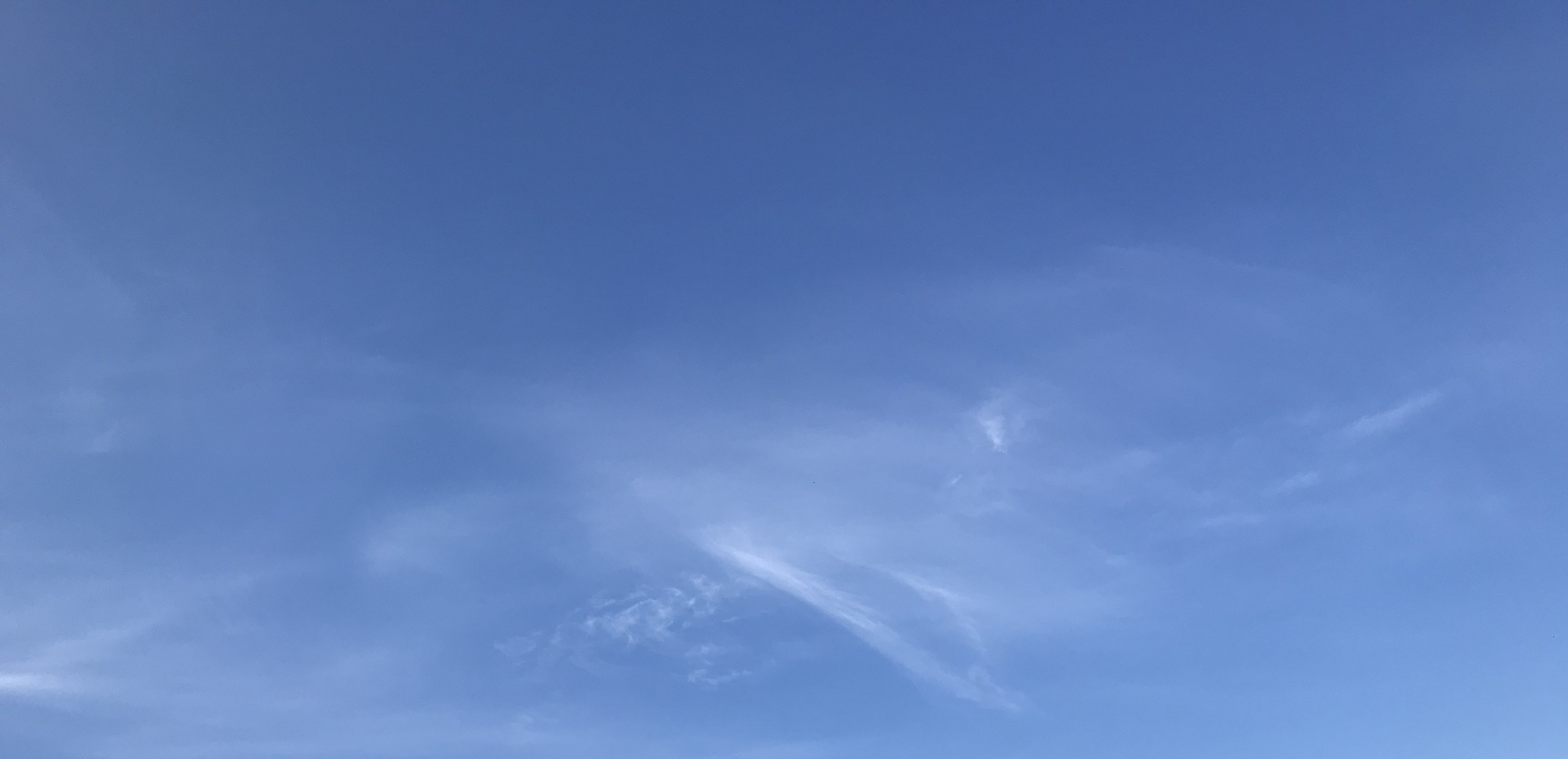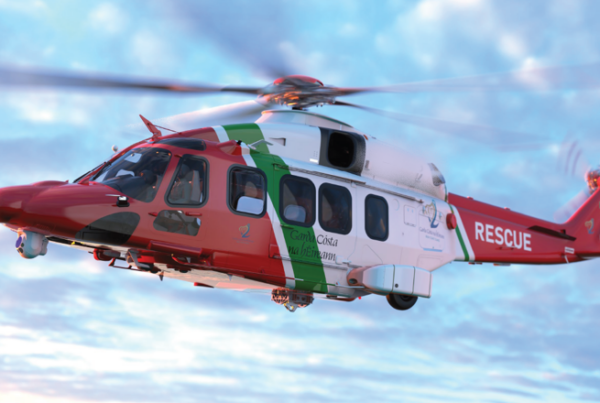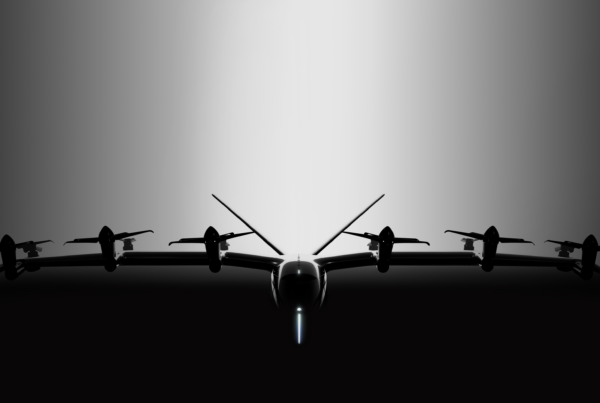
The Award citation reads:
On 8 March 2023, Duncan Tripp rescued trapped climbers from Ben Nevis in appalling weather conditions of near-zero visibility, freezing temperatures and storm-force winds. At an altitude of 3,600 feet, the mountain was covered in ice and snow, making the paths treacherous. He operated on foot, carrying 30 kg of lifesaving equipment, as the weather was too bad for the rescue helicopter to fly to the site. He was separated from the aircraft for six hours.
At great personal risk, his leadership, sheer determination, energy-sapping physical effort and courage ensured the safety of 24 people, some of whom faced life-threatening situations.
The rescue took place at a location known as the Zig Zag Path and Red Burn Gulley, high on the mountainside. The severe weather meant the rescue helicopter could not land or hover safely in the vicinity of the casualty. So the decision was made to land the helicopter further down the mountain.
Winch Paramedic Tripp volunteered to leave the safety of the aircraft, and loaded with his rescue gear, wearing crampons and carrying an ice axe, he started a laborious and dangerous ascent. On the way up, he came across two groups of people descending who were physically and mentally exhausted, but knowing the mountain rescue teams had been mobilised, he bravely pressed on higher up the mountain.
Enlisting the support of another well-equipped climber, he slowly made his way towards Red Burn Gulley – a craggy inaccessible area – eventually locating two exhausted and trapped people. The pair were reluctant to move, suffering from exposure and in fear for their lives, but Duncan explained their best chance of survival was to entrust their lives to him and attempt a descent of the mountain.
Early in the descent, Duncan had to hack steps into the ice-frozen ground to traverse a ledge, then escort his party across one by one. Struggling to keep track of their position in the ‘white out’ conditions and fading light, they used paths on snow and ice-covered ground barely a foot wide. At one point, the sheer force of wind caused Duncan to lose his footing, sending him sliding down an ice slope for some 20 metres before he was able to save himself by rolling over and digging in with his ice axe.
Nearing a position of relative safety, the group met up with some Mountain Rescue Team members who assisted the casualties, with Duncan leading the party downward. Due to low cloud and a lightning storm, the rescue helicopter could not reach the agreed extraction point at ‘Halfway Lochan’. But other members of the Mountain Rescue teams had arrived at that point, and with their soft track vehicle, the whole party made it to safety at Torlundy, meeting up with his colleagues in the Rescue Helicopter after some six hours on the mountain.
Praise and thanks must also be paid to the many brave members of the Mountain Rescue teams who rescued people and all those that supported them in a Search and Rescue Major Incident on that day.








